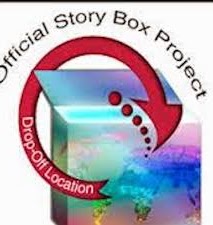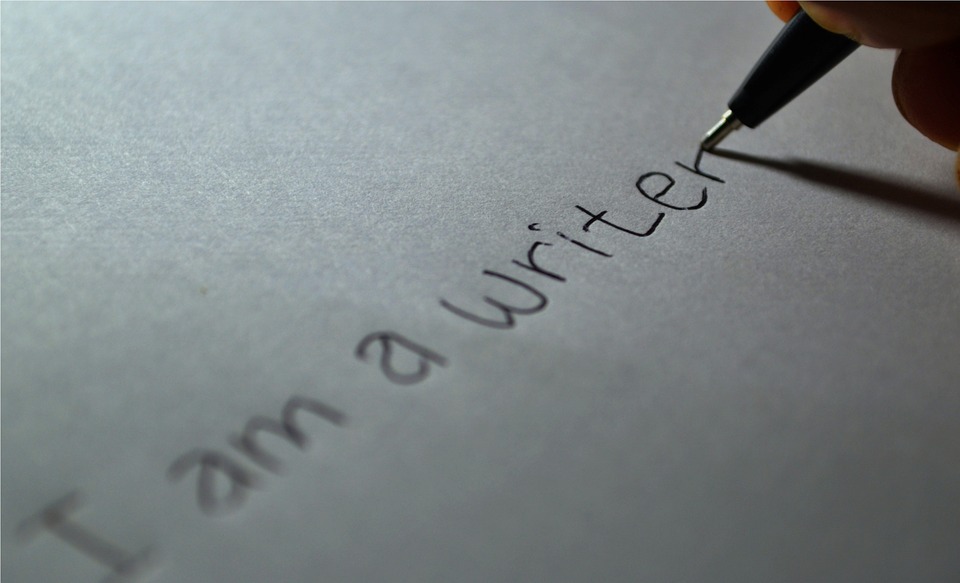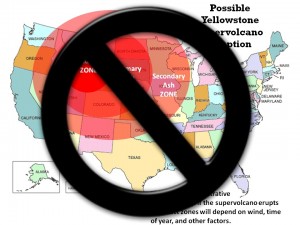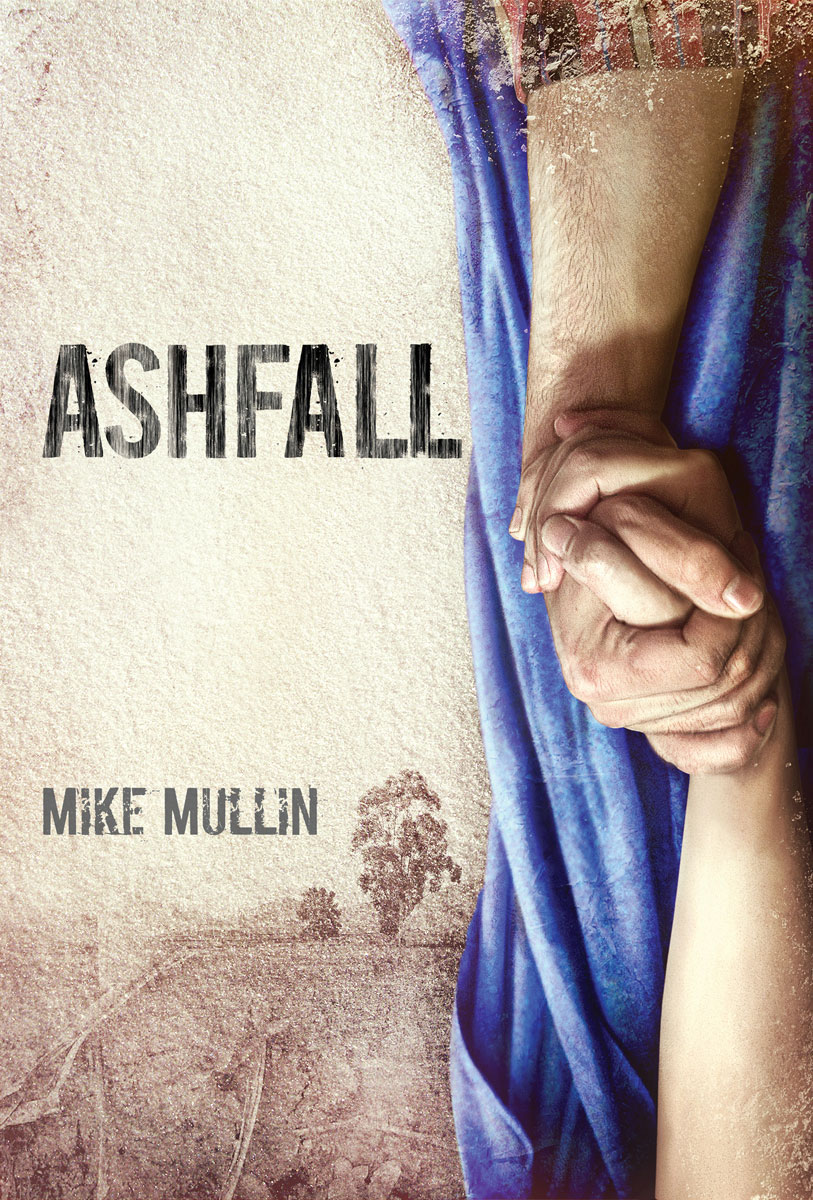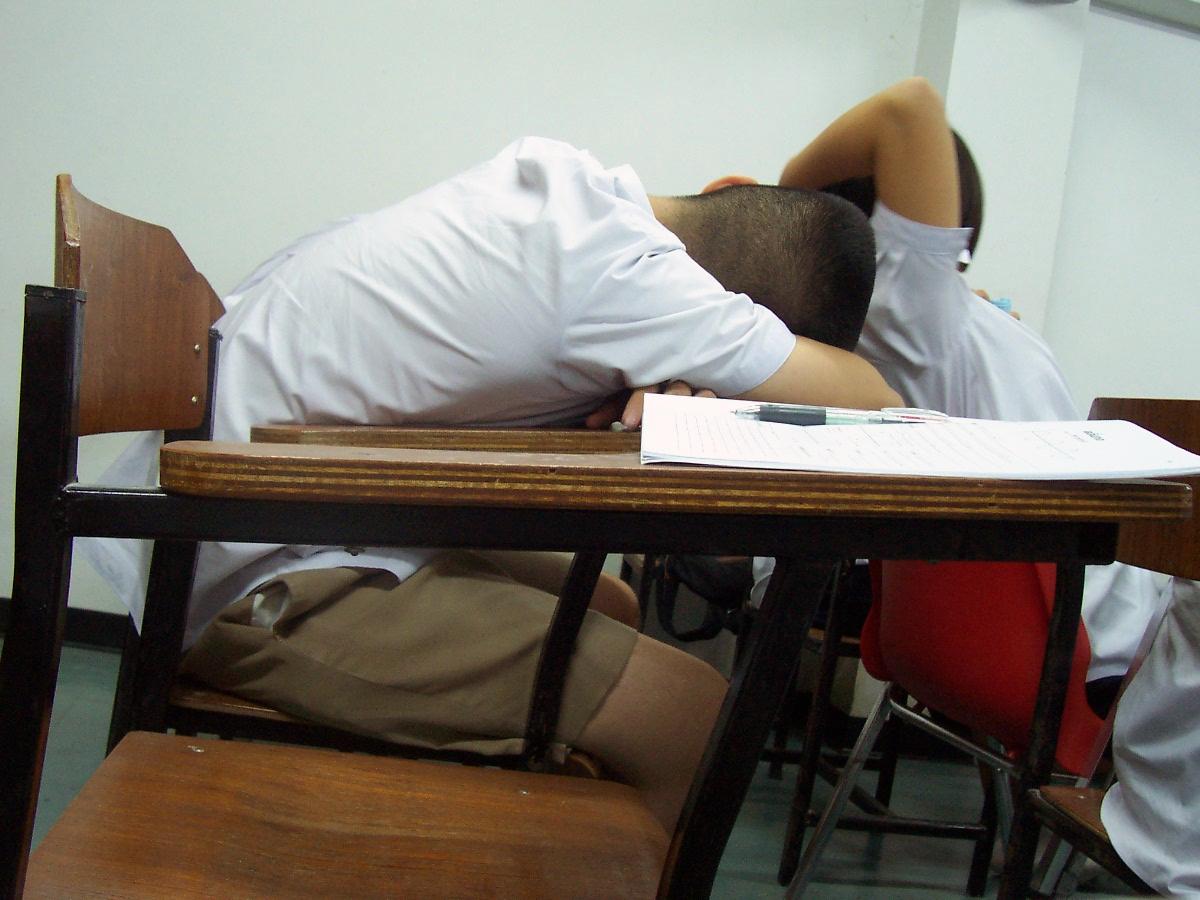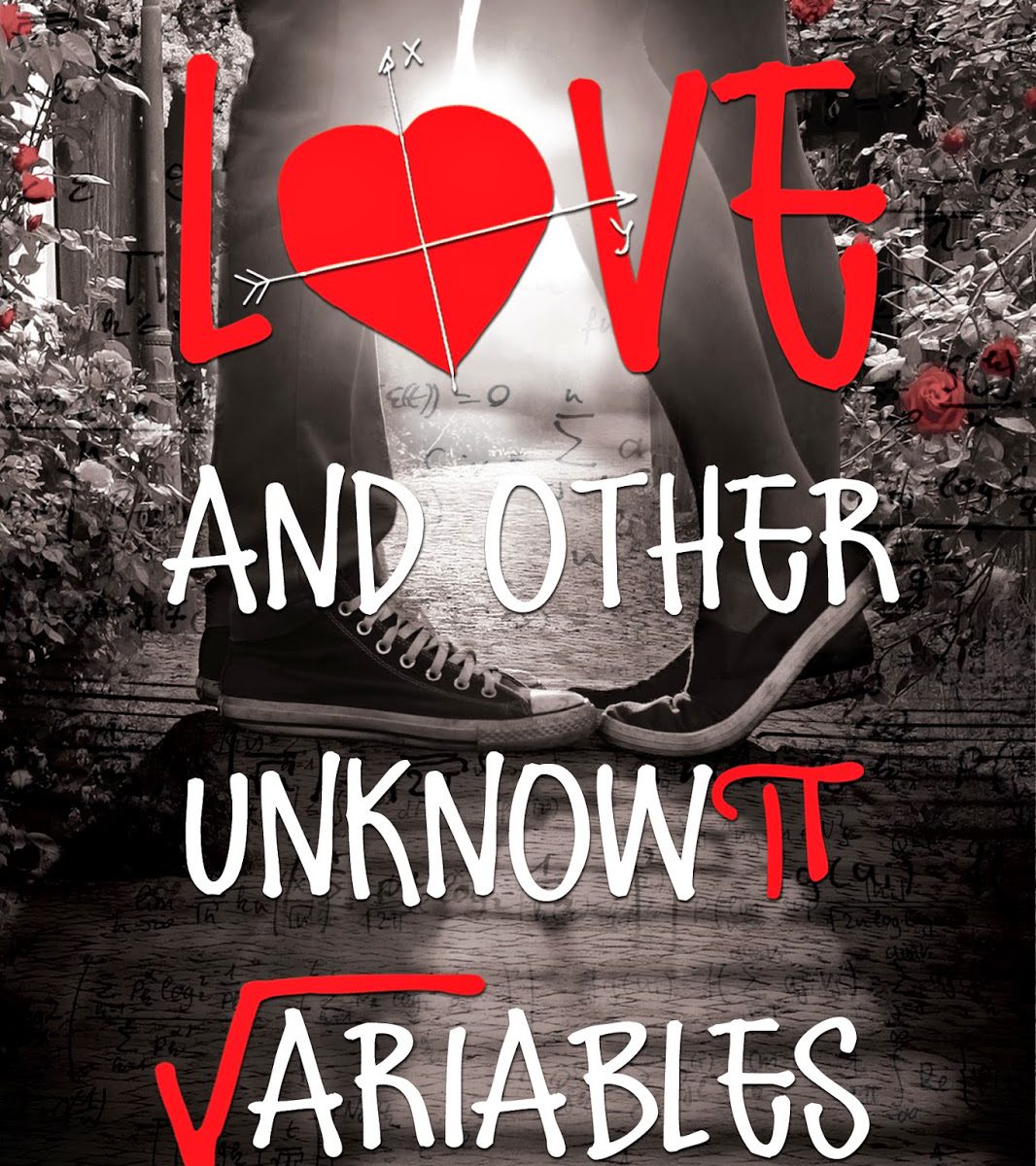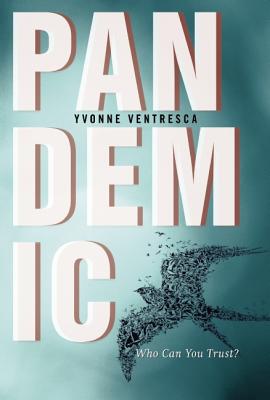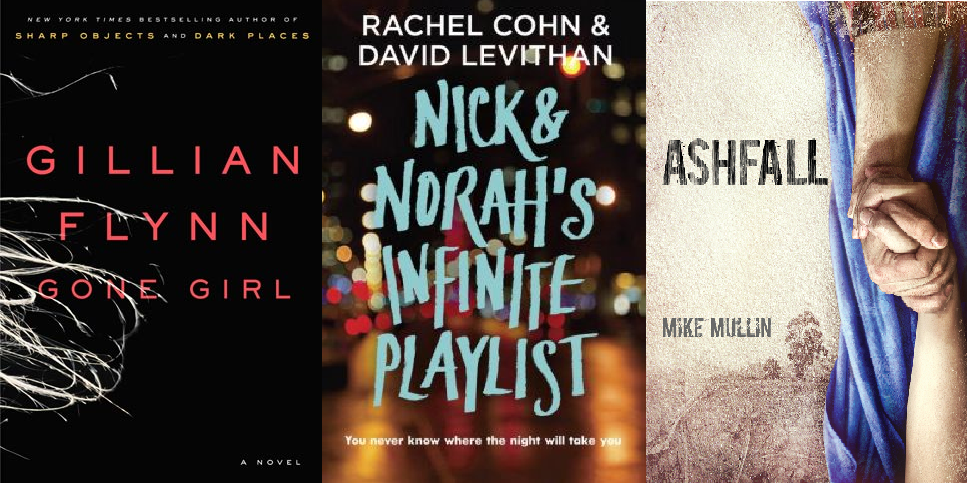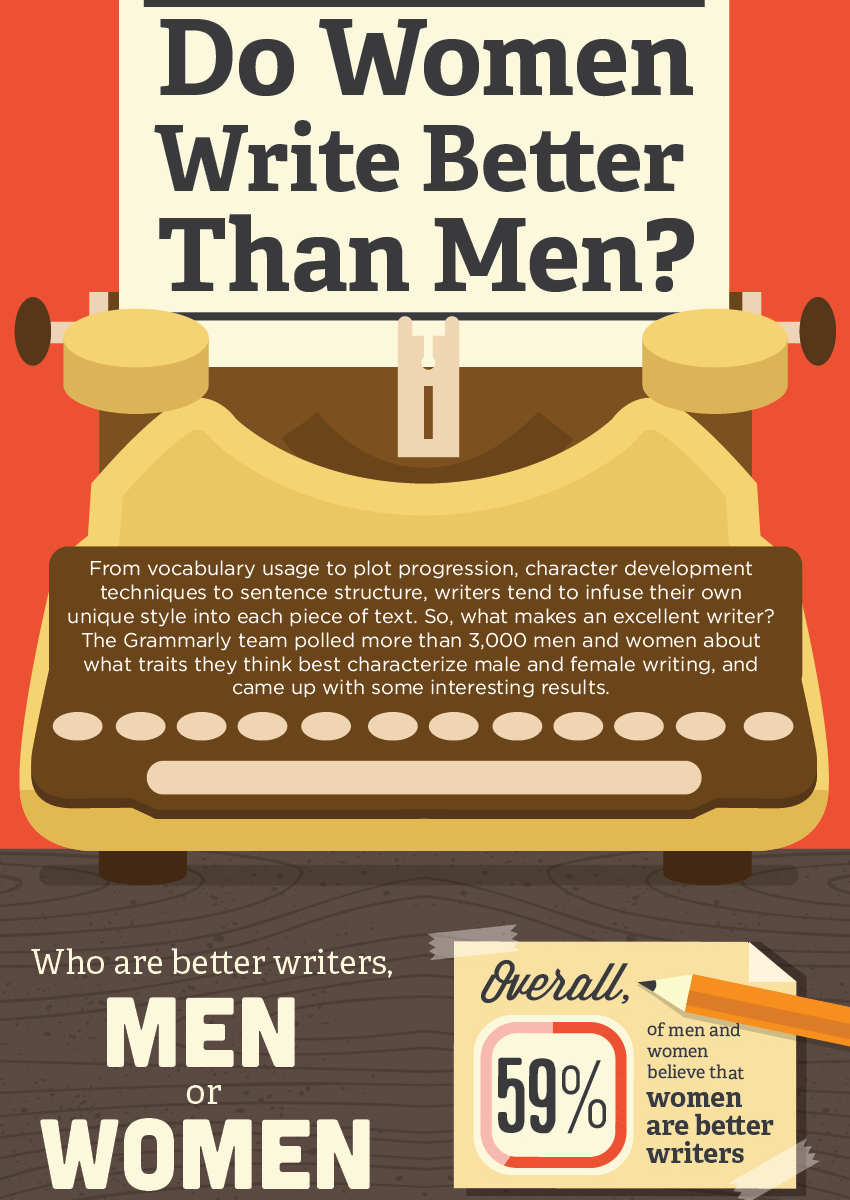Kevin Cordi runs a wonderful project every other year called The StoryBox Project. Authors contribute unfinished stories to the box, and it circulates among schools, where students have the opportunity to finish the stories and send them on to new schools and students. If you’d like more information, here’s Kevin’s website.
We presented about the project at the OELMA and ALAN conferences this year, and it struck me that finishing an author’s story, as a way of doing authentic writing, need not wait for the arrival of a physical box. So I offered to put my unfinished story online for educators to use if they wish.
I hereby grant educators and librarians a limited license to use the story below for any non-commercial purpose desired. You may print as many copies as you need or distribute the story electronically if desired. By using the story, you acknowledge that I retain copyright to it, and any commercial use is forbidden without my express written consent. This includes its use in commercial testing materials, anthologies, or sale online or in physical form.
The Cottonwoods by Mike Mullin (Updated 11-21-18)
One of my earliest memories of Grandpa is of a stalk of Big Bluestem grass shooting from his mouth. Dad had just told him that a new family, the Joneses, was settling on a plat not two miles from our farm in Iowa. Two weeks later, we’d loaded up our wagon and were on our way to the Nebraska Sandhills.
Our new homestead was a poor one. The Sandhills are dotted with small lakes, but the 320 acres our family claimed under the Homestead Act had none. There was a creek, but it ran dry part of the year. Grandpa loved that land anyway. We were still living in our wagon—hadn’t even built our first crude soddie yet—when Grandpa hitched our mules to his new Deere plow and carved a furrow in the hillside above the creek. I toddled along behind with Dad, helping plant the Cottonwood cuttings we’d carried with us.
Every year from then on, we celebrated Planting Day on April 10th, pacing off the length of the tree’s shadows and comparing them to our own. Grandpa taught me how to use the ratios to calculate the tallest tree’s height while I was still young enough to sit on his knee. We made a little ritual of it, recording those trees’ heights in the family Bible, where most folks wrote births and deaths. By the time I turned eight, both me and the Cottonwoods were big enough for tree climbing. Many days I’d enjoy the breeze from their topmost branches, some 30 feet above the ground.
The rains fled from the hot winds of 1893 and our grass withered. We were forced to sell most of our stock at ruinously low prices. Grandpa had enough cash put by to get us through that year and the next. But when the drought continued into 1895, the bank foreclosed and we moved on to North Platte. Grandpa passed on April 8th that year. I’m not sure which killed him: being forced to live amidst the 3,300 souls that thronged North Platte, or the prospect of spending a Planting Day away from his beloved Cottonwoods.
Eventually, things turned around and Dad got work in the stockyards. He had found his calling and quickly became a partner in a cattle-dealing business. Every April, he’d take a few days off, and we’d trek to the old homestead for Planting Day. By the time I turned sixteen in 1901, there was a towering line of majestic trees—the tallest measuring a full 71 feet. Each year when we returned to North Platte, Dad scribed the mightiest height in the old Bible in a slow, meticulous hand.
I taught myself to bark an auction and joined Dad in his business. We did well for ourselves, and made the 1907 Planting Day trip in style in a new Duke side-spring runabout pulled by a matched pair of Morgans. That year, the tallest of our trees topped 90 feet.
The next year they were all stumps. The Millers, who owned the land now, had done poorly in the Panic of 1907 and sold our trees for fence posts. Dad slugged old Ernie Miller, and I had to drag him back to the runabout and drive us home. Neither of us had the heart to make an entry in the family Bible for 1908.
In April of 1909, Dad went back up to the old homestead and apologized to Ernie. I stayed back in North Platte. I couldn’t bear to look over that row of dead stumps again.
When Dad returned from that trip, he was white-faced and furtive. I asked after his health, and he grunted and turned away. I fetched a box of Dr. Williams’ Pink Pills for Pale People, thinking his was precisely the condition for which Dr. Williams had formulated his patent medicine. But Dad banned me from his study.
Some days later, I was moved by some impulse to lift the front cover of the family Bible. In a tremulous hand Dad had written, “1909: 93 feet.”
It took a whole year to tease the story out of him. My every entreaty was rebuffed or worse. After Dad returned from his solo trip to the row of stumps in 1910, he finally was moved to confide in me, “Son, I’d thought it a hallucination, but it’s an unlikely phantasm that happens twice. On Planting Day, Pa’s trees still cast a shadow.” Then he allowed me to observe as he scribed, “1910: 95 feet” in the family Bible.
Now Dad married late and Mom bore me later still, so he was getting on in years. I chalked his odd behavior up to the ravages of age, that harmless softness of mind that afflicts so many of our elders.
And so it went. Every year Dad drove the runabout up to the Miller place. And every year when he returned, he added an entry to our Bible.
Woodrow Wilson declared war with Germany on April 6th, 1917. Like many other Nebraskans still in the vigor of our youth, I did my patriotic duty and enlisted, sending a telegram to Omaha to that effect. Neither Dad nor I thought anything would come of it for months, seeing as the wheels of government grind slowly. So Dad left on the 8th for his annual pilgrimage to our old homestead.
As luck would have it, the next day I received a telegram ordering me to report to the recruitment center in Omaha on the 12th of that same month. If I took the last possible train to Omaha, I would leave before Dad returned, and miss my final opportunity to say goodbye before joining The Great War. I began a breakneck ride, hoping to reach him at the old homestead the next day.
It was near twilight on Planting Day when I finally reached the Miller’s property. The earth was scorched and brown, with white sand blowouts everywhere. It looked as though it hadn’t rained on the plat in ten years.
My normally trusty horse shied, and I was forced to dismount. The Cottonwood stumps lined above the dry creek were grey and weather-beaten. Long black shadows crept up the hillside from each stump. Each formed an image of a mighty Cottonwood in stark black relief on the dead ground.
My father’s runabout was slewed at the far end of the stumps with one wheel thrown and its team unaccountably absent. I stole along the row, my heart hammering in my throat, fearing that each footfall within those supernatural shadows might be my last.
When I reached the final stump, I found my father sprawled against it. His face was as grey and dead as the wood itself.
His right hand clutched a Cottonwood sprig, its leaves green as a rainy spring.





